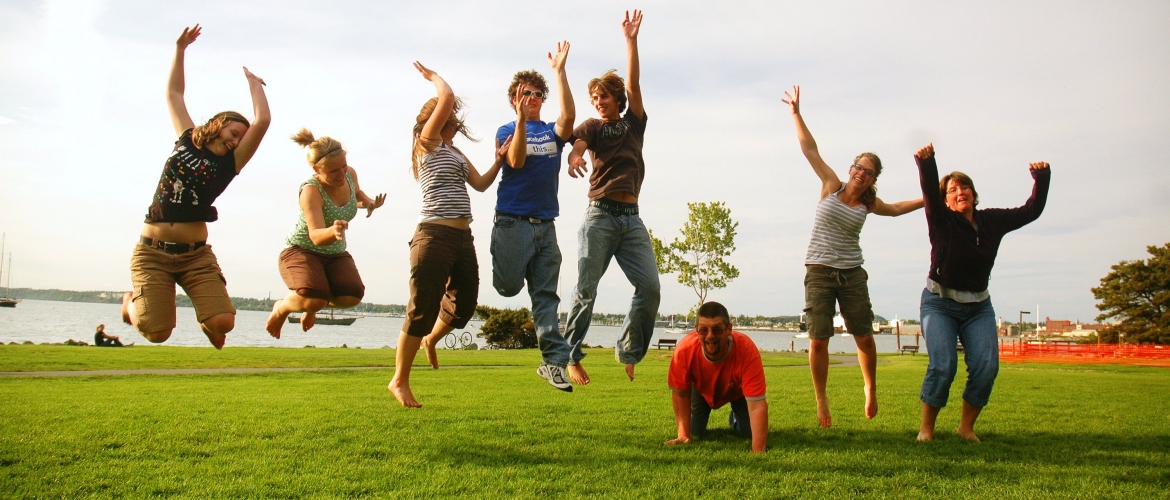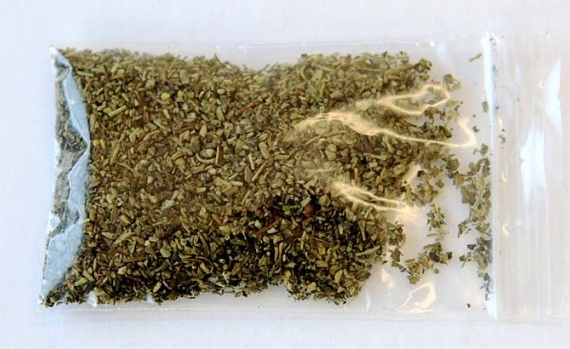When a loved one experiences substance abuse, the family is often left with unanswered questions, uncertainty of expectations and an inability to adjust to their loved one’s changes. However, family members can take a proactive role in the treatment of addiction by fully understanding how addiction affects their loved one, themselves and their environment. Furthermore, learning coping skills, preventing relapse and effectively managing stress play a large role in how a family deals with a loved one seeking the help of drug and alcohol treatment centers in Florida.

Managing Expectations Before, During, and After Treatment
Addiction recovery is not an overnight process and successful substance abuse treatment requires attention to underlying medical and mental health conditions. Furthermore, a loved one must be willing to accept treatment.
Before treatment, family members should expect to meet some resistance when recommending treatment to a loved one. In some cases, an intervention may be necessary to explain how a loved one’s addiction affects family members, asserted the Mayo Clinic in an article titled “Intervention: Help a loved one overcome addiction.” Prior to treatment, a loved one may exhibit severe agitation, binging of substances, anxiety, depression and more. The overall goal is advising a loved one to receive care at drug and alcohol treatment centers in Florida.
During treatment, family members need to think about how a loved one’s addiction will affect daily life. This may include changing behaviors and increasing communication between family members. Furthermore, family members need to take an active role in their loved one’s treatment by attending treatment meetings, staying in contact with the person in treatment and maintaining resolve to overcome addiction.
After treatment, family members will continue their supportive role in recovery. Family members may consider attending additional therapy and learning coping skills to help address a loved one’s addiction.
Coping Skills to help Deal with a Loved One’s Addiction
Coping skills refer to mental and physical activities that take out of a person’s immediate thought processes the pressure of abusing substances and engaging in problematic behaviors.
For family members, coping skills may include writing letters to the loved one with addiction, spending more time with other family members or becoming more active in community-based organizations. These organizations can help individuals connect with peers and reduce the stress from a loved one’s addiction.
Exercise is another coping skill that stimulates the cardiovascular system and triggers the release of endorphins in the body. Endorphins are natural, morphine-like chemicals that stimulate the body’s natural ability to relieve pain and improve mood, memory and cognitive functions, as written by Melissa Conrad Stoppler, M.D., in an article on MedicineNet called “Endorphins: Natural Pain and Stress Fighters.”
Preventing Relapse: Removal of Alcohol and Substance from the Home
Environmental factors are one of the driving forces behind addiction, explained the Mayo Clinic. When a person is involved in an environment where drugs or alcohol are abused, the person is more likely to engage in substance abuse.
Before a loved one returns home from treatment, all alcohol, drugs and promotional material of risky behaviors should be removed from the home. This includes drug paraphernalia, posters related to substance abuse and any other substance-related items. For example, family members should remove all alcohol. The presence of the substance or alcohol greatly increases the likelihood of a relapse.
Maintaining Effective Stress Management through Psychotherapy
Various psychotherapy methods meet the needs and wants of patients and their family. For example, cognitive behavioral therapy may be used to help identify and correct irrational and destructive thought processes in family members.
Addiction is a devastating mental health disorder and everyone involved must understand that an addiction causes problems for all family members. Addiction may result in financial hardships, trust issues and damaged relationships. However, the family does have a role in helping loved ones overcome addiction by ensuring they take responsibility for their actions and learn new coping skills, and by helping to prepare the home environment for their discharge from rehab centers in Florida.











Comments are closed.